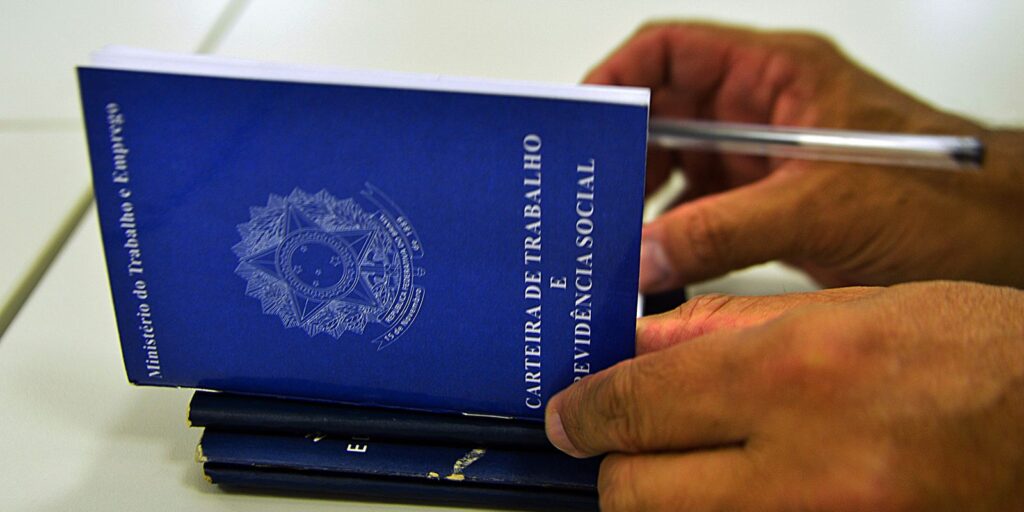A group of economists from the German bank Deutsche Bank warned that the United States will fall into recession in 2023 in the event that the Federal Reserve (FED) continues with the planned rate of interest rate hikes, the most aggressive since the 1980s. .
“We conservatively assume that if the FED increases its rates to a range of 5% to 6%, it will be enough for the United States to enter a recession,” said the bank’s report, according to the Bloomberg agency.
In addition to the rate hike, “The tightening of monetary policy will be driven by a reduction in the balance sheet by the FED, which is estimated to be equivalent to a couple of 25 basis point hikes in rates plus”.
The cocktail of measures, along with the financial volatility that will accompany them, “will lead the economy into a significant recession by the end of next year,” said the report signed by economist David Flokerts-Landau.
Similarly, Deutsche Bank projections project a rise in unemployment “of several percentage points.”
The report adds to other estimates from Wall Street investment banks that, while less pessimistic, also confirm the chances that the Fed’s policy, with its anti-inflationary objective, will cool the economy in such a way that it would cause a self-induced recession.
Previously, the bank Goldman Sachs estimated a possibility of contraction for the US economy of 35% for the next two yearsalthough he assured that said recession “is not inevitable”.
“We don’t need a recession but we probably need growth a little below its potential pace,” the bank said last week in a report to clients.
The president of the Federal Reserve, Jerome Powell, and the other governors of the entity, reiterated on several occasions that the objective is to achieve a “soft landing” in the economy, that is, that inflation, which last March marked 8 .5% per year (record since 1981), return to the FED’s target of 2%, preserving activity and a robust employment market.
In mid-March, the FED made its first rate hike since December 2018, increasing it from a minimum close to zero – arranged in order to stimulate the economy during the coronavirus health crisis in 2020 – to a range of 0.25%. to 0.50%, that is, an increase of 25 percentage points.
Now it is expected that at the next monetary meeting that the Federal Open Market Committee will hold on Tuesday and Wednesday of next week, the FED will announce a new tougher rate hike of 50 percentage pointsin addition to a reduction in its balance sheet, which currently totals US$ 9 billion.
According to economists at Deutsche Bank, the Fed’s medium-term plans to place rates at a “neutral” level (promoting neither a contraction nor an expansion of the economy), estimated at 2.5%, They will not be enough to calm the rise in prices, due to inflationary expectations and low unemployment, which currently stands at 3.6%.
Despite the risk of recession, the report believes that the Fed’s aggressive path is the right one.
“We are going to have a great recession, but, in our view, the more aggressive and earlier the Fed acts, the less long-term damage to the economy will be,” the authors concluded, predicting that once inflation is controlled , the economy will rebound again in mid-2024.


















